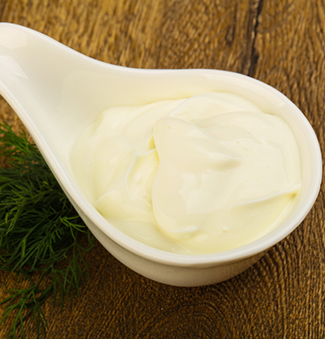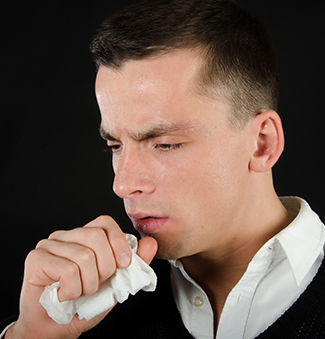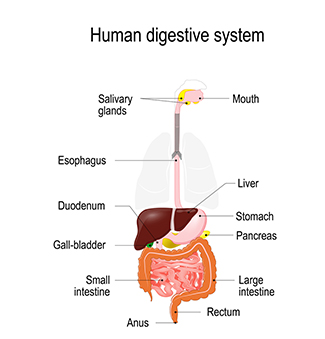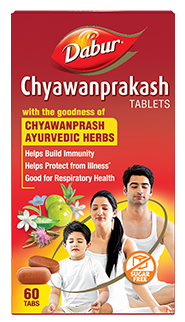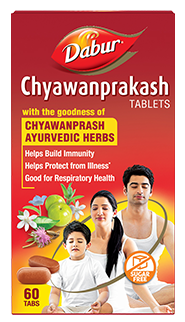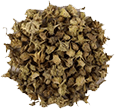Low Immune System
Some people we meet in our life get sick more often than others. It may be so because some people may have a diminished ability to fight off germs, viruses and other bodily invaders. These people frequently suffer from ailments such as colds, the flu and certain diseases. Low immune system is the compromised ability of the body to successfully battle threats to our health. It signifies the weakness in the body’s natural ability to defend itself against threats to wellness. For staying healthy, a properly functioning immune system is of utmost importance. Whenever a risk to our health is detected, the immune system goes into action. It responds by destroying the potentially harmful bodily invader before it actually gives rise to an illness. People with low immune system are incapable of fending off the invader leading to more frequent colds, more susceptibility to flu and the possibility of contracting other, more serious illnesses.
Common Causes of Low Immune System
Stress
- has a major influence on the immune system. Chronic stress raises cortisol levels of the body. It decreases the production of 'good' prostaglandins. 'Good' prostaglandins support immune function, dilate blood vessels, inhibit 'thick' blood and are anti-inflammatory. Chronic stress makes a person more susceptible to colds and the flu. It also contributes to more serious health problems like heart disease,
diabetes
- and other diseases. Activities like yoga, meditation and laughter, can help keep the body from going into chronic stress mode.
- A poor diet
- The immune system is weakened by the prolonged and excessive consumption of refined sugars and highly processed foods containing pesticides, chemical additives and preservatives. It can make a person vulnerable to developing chronic conditions. The ability of white blood cells to kill bacteria can be significantly hampered after sugar consumption. Diet should include plenty of fruits, vegetables, whole grains, and low-fat milk.
- Excessive alcohol
- Alcohol in excess can reduce the ability of white blood cells to kill germs. It can damage the immune system also. It also increases the number of colds you will experience. It can impede the functioning of immune cells. It increases the susceptibility to infectious diseases and cancer.
- Lack of sleep
- The immune system doesn't get a chance to rebuild and replenish if sleep is inadequate. It becomes weak as poor sleep is associated with reduced number of T-cells. People who do not get enough sleep may be more likely to get sick after being exposed to a virus, such as the
common cold
- .
- Obesity
- Obesity weakens the immune system. It affects the ability of white blood cells to multiply, produce antibodies, and prevent inflammation.
- Lack of exercise
- Moderate exercise increases blood flow which promotes the process of expelling toxic waste out of the body. The improved blood circulation allows antibodies and white blood cells to fight off infections. Even 20 minutes of moderate exercise like walking five days a week can help your immune system perform at its best.
- Medications
- The immune system is weakened by overuse of antibiotics, cold and fever fighting medications. People taking antibiotics had reduced levels of cytokines which are the hormone messengers of the immune system.
- Lack of hygiene
- Habits like brushing your teeth twice daily, washing your hands properly before eating and keeping your nails neat and tidy can keep infections at bay. Lack of proper hygiene exposes the body to more germs thus leading to a weak immune system.
- Radiation exposure
- The immune functions may be compromised by chemical exposure, UV rays, and radiation exposure.
- Smoking
- Cigarettes contain many harmful chemicals. All these chemicals are extremely toxic to the body. More the toxic substance in the body, weaker is the immune system. Exposure to secondhand smoke also affects the immune system. Smoking can trigger an
asthma
- attack and intensify symptoms in people with allergies.
- Dehydration
- A good level of hydration helps in eliminating byproducts of any illness. It also helps the immune system fight off infection. Dehydration affects the body’s ability to get toxins/waste material out of the body.
Several changes in lifestyle can help strengthen the immune system. They include:
- Force yourself to take regular breaks from work.
- Eliminate situations that can upset you such as confrontations with other people.
- Allow more time to travel or get from place to place instead of rushing everywhere you go.
- Maintain a steady exercise regimen.
- Get at least 7-8 hours of sleep each night.
- Pay attention to nutrition labels.
- Fend off threats to your health using dietary supplements.
